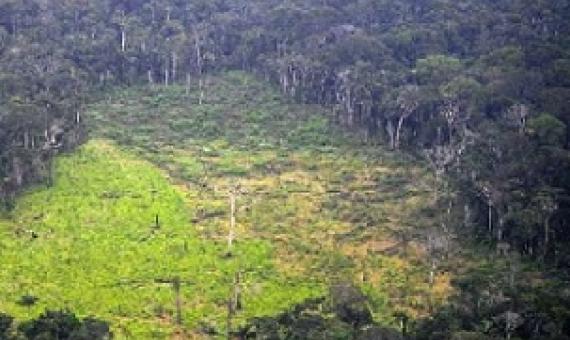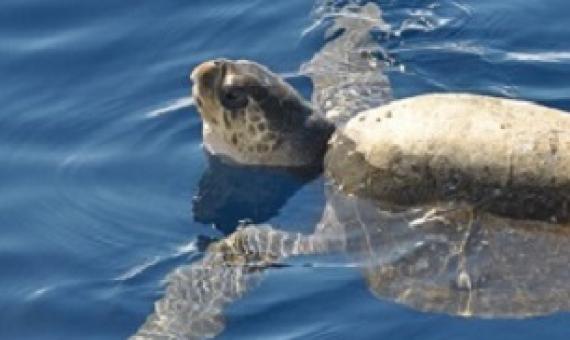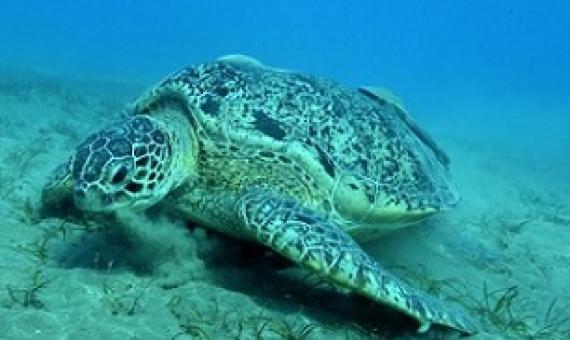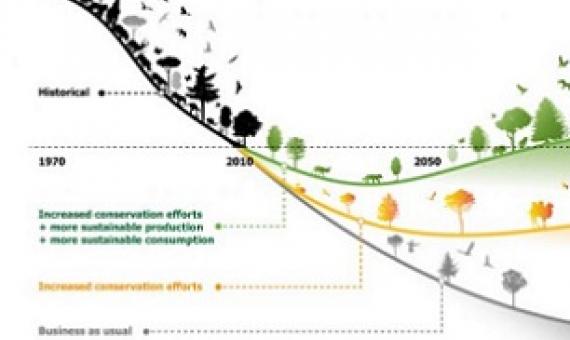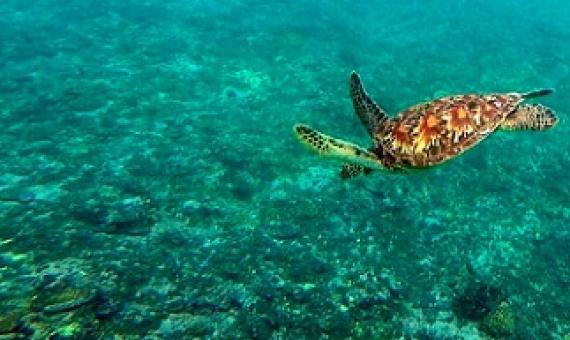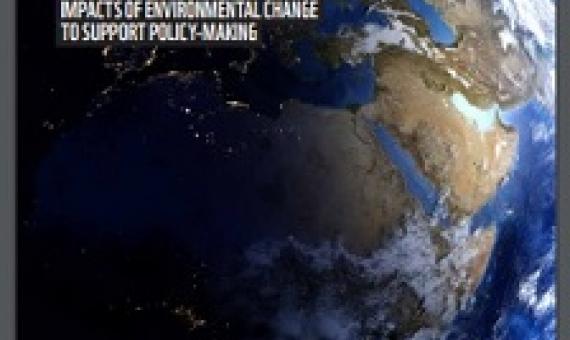More than 43 million hectares of forest—an area bigger than Germany—have been lost in a little over a decade in just a handful of deforestation hotspots, conservation organisation WWF said Wednesday.
Six of the seven marine turtle species are categorised as Vulnerable, Endangered, or Critically Endangered on the IUCN Red List of Threatened Species.
...around the world, ecosystems and wildlife face growing threats from human activities, habitat loss and climate change. If one species dies off, its predators don't have as much to eat — and the cycle repeats.
Plant and animal species across the world are steadily disappearing due to human activity.
WWF is committed to stopping the decline of marine turtles and is advocating for greater protection against the threats they face...We are undertaking a study to evaluate the total economic value of marine turtles...Results of this project will be useful to guide policy regarding turtle use
Global Futures: Assessing the global economic impacts of environmental change to support policy-making
This report summarises the first results of the Global Futures initiative – a partnership between WWF, the Global Trade Analysis Project and the Natural Capital Project – which has developed an innovative new model to calculate the impacts of nature’s decline on the world’s economies, trade and industry. The research is timely and poses a stark warning to us all – that unless we reverse nature loss, trillions of dollars will be wiped off the world’s economies, industries will be disrupted and the lives of millions will be affected.
World Wildlife Fund report reveals for the first time the countries whose economies would be worst affected over the next 30 years if the world doesn’t act urgently to address the global environmental crisis.
WWF
WWF PNG Ecoregions

